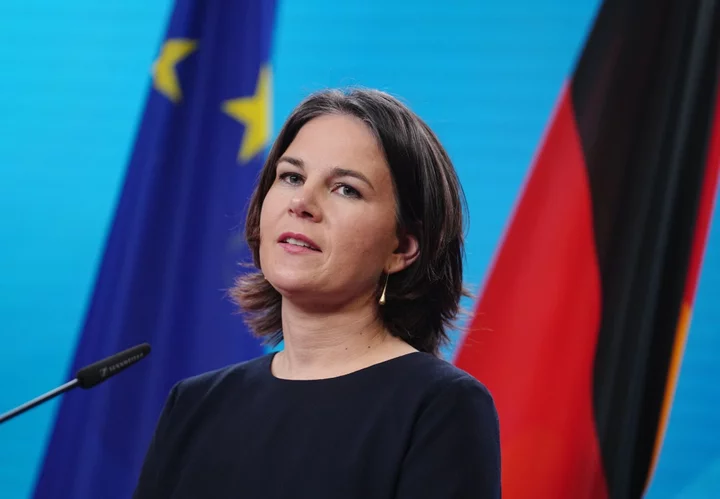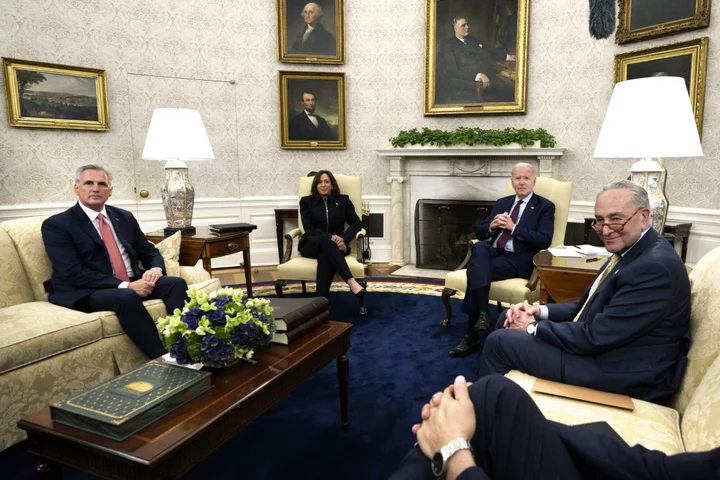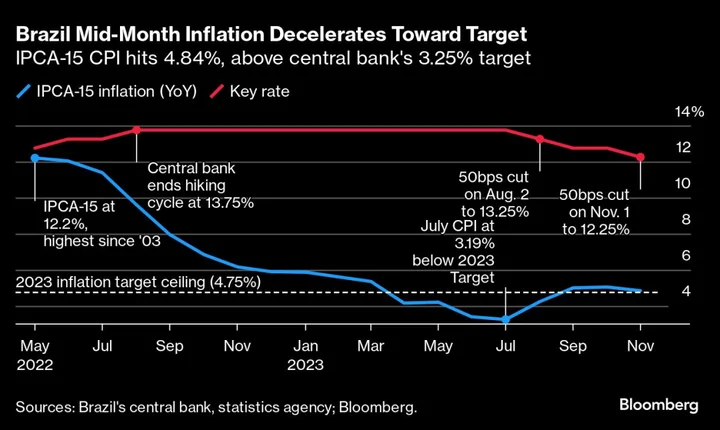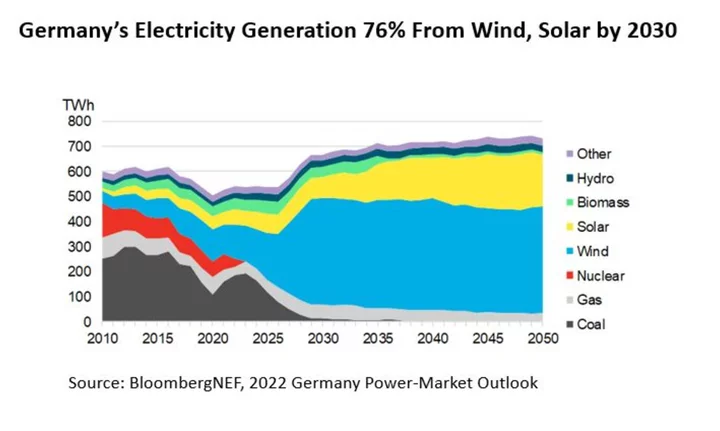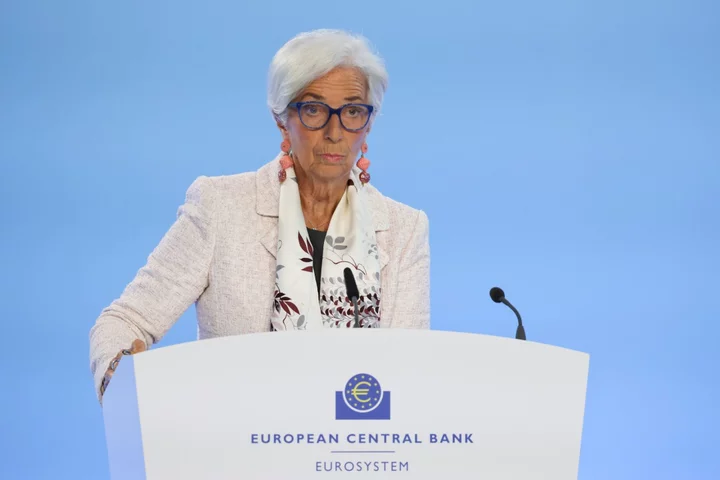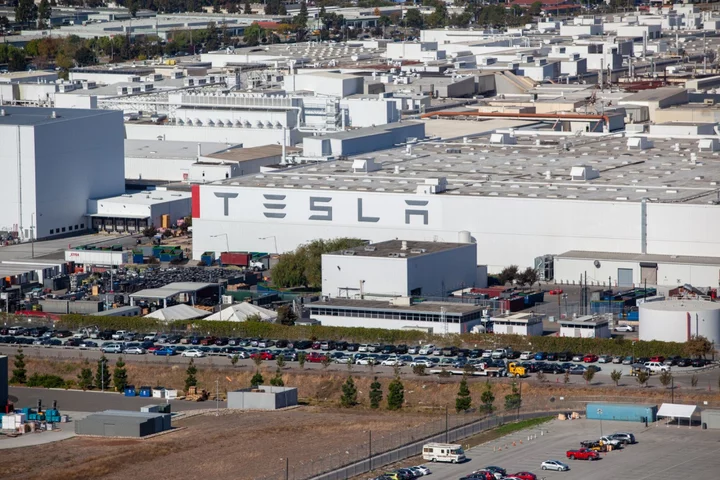The European Union must unite around a stronger stance toward China as it tries to cope with Beijing’s rising power, several of the bloc’s foreign ministers said.
“Unfortunately aspects of competition and rivalry have increased in relation to China,” Germany’s Annalena Baerbock told reporters ahead of a gathering of her EU counterparts in Stockholm. “The strategy of de-risking will therefore become the guideline of EU politics.”
Sweden’s Tobias Billstrom, whose country holds the EU’s rotating presidency, said the bloc should discuss how to “focus its strength and create more unity” in dealings with China, while deepening transatlantic links.
The EU is seeking a common approach toward China, balancing a harder stance with preserving supply chains still interlinked with the world’s second-biggest economy. A paper drafted by the EU’s foreign affairs arm, which is due to kick-start discussions, calls on member states to avoid being drawn into a zero-sum contest between Washington and Beijing as it works to manage China’s rise.
The paper reaffirmed the bloc’s strategy of dealing with China simultaneously as a partner, a competitor and a systemic rival, but said the balance of those approaches will be conditional on how China responds to Europe’s approach.
European officials, including Commission President Ursula von der Leyen, have increasingly spoken about “de-risking” — but not “de-coupling” — relations with China. German Chancellor Olaf Scholz echoed the same sentiment this week, while Italy has signaled to the US that it intends to pull out of a controversial investment pact with China before the end of the year.
“China’s assertiveness, its military posturing in the Taiwan Strait is something we have to take very seriously,” Billstrom said. He added that nations “must not be naive” in their dealings with China, both a state economy and a one-party state.
“This is something where both the EU and the rest of the global society have to reconsider its positions,” Billstrom said, referring also to an EU-Indo Pacific forum due in Stockholm on Saturday.
Chinese Companies
The debate comes as the bloc’s ties with China risk further tensions following an EU proposal to extend strict trade restrictions to several Chinese companies. The EU is looking to crack down on firms supplying Russia with banned goods that have aided its war in Ukraine. Chinese Foreign Minister Qin Gang said while touring European capitals this week it would react “strictly and strongly” to any such measures.
Lithuanian Foreign Minister Gabrielius Landsbergis echoed Billstrom in pushing for a stronger approach. “If you engage with China from a position of weakness where you declare your strategic dependence on China, that puts us in a very disadvantaged position and we’ve been in that position with Russia for a very long time,” he said.
Landsbergis also called for broader trade restrictions on sanctions circumvention outside the EU, beyond just several Chinese companies. “If Chinese companies do that, they should get that message,” he said. “But any other country assisting Russia to circumvent sanctions should understand that they’re also under the radar.”
The foreign ministers will also discuss Russia’s invasion of Ukraine.
Beijing will send a special envoy — Ambassador Li Hui — to Ukraine, Russia and other European countries next week in efforts to foster a diplomatic resolution to Russia’s war in Ukraine. In the EU paper, the EU said China’s relationship with the bloc would be “critically affected” if Beijing does not push Russia to withdraw from Ukraine.
French President Emmanuel Macron’s visit to China last month and his push to enlist its help on possible talks on Ukraine without first consulting with European allies fueled doubts as to whether the EU is able to adopt a common stance toward Beijing. His trip amounted to a diplomatic coup for Chinese leader Xi Jinping, who is seeking to appear as a potential mediator.
--With assistance from Niclas Rolander and Katharina Rosskopf.
Author: Ania Nussbaum, Arne Delfs and Natalia Drozdiak

